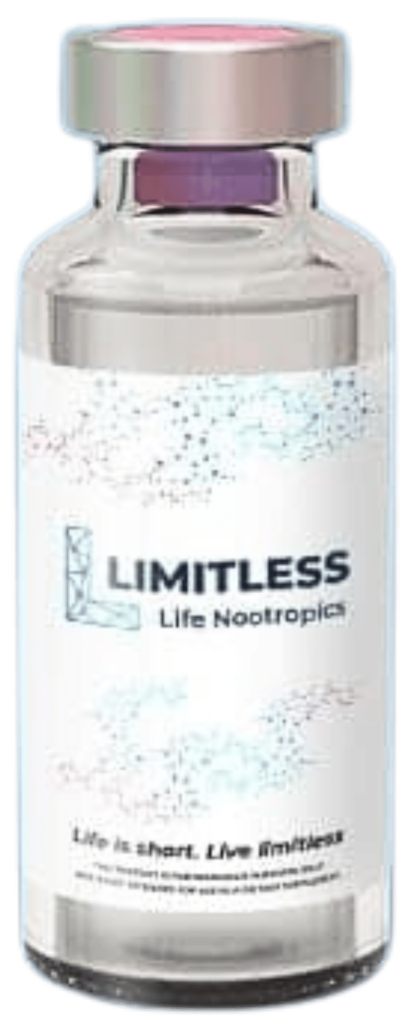You want to be the guy that with the blonde bombshell around one arm and lifting an 80 pound free weight with the other, right? Wouldn’t you like to be able to finally bench press your bodyweight, have a healthy heart and continuous energy, and boost your sex drive? Let’s be honest, every guy wishes he could feel like a bodybuilder without having to spend eight hours in the gym. And we have a secret – those guys don’t work out that much either! They’ve just learn how to boost their testosterone back to optimal levels. And so can you.
The problem is not that men lack the ability to be fit and healthy, it’s just that in the past 30 years, testosterone levels among men in America has dropped 30% on average, from environmental estrogens and maladapted lifestyle alterations. In our hustle and bustle world, men don’t have time to do the things that once kept our T-levels normal. We have to settle for unhealthy foods, never have time to exercise, and are constantly exposed to chemicals that mess with our hormone levels. Many guys ask, “Is there any way I can boost my testosterone without having to completely change my life around?”
The simple answer isn’t a “yes” or “no.” You will have to make some adjustments to adapt to a healthier way of living, but that doesn’t mean you have to start an unreasonable workout regimen or become one of those “crazy dieters.” We know those never last because they’re just too darn difficult. Instead we have a three month plan that you can actually follow, because it feels good and you’ll see results. All you have to do is follow these four guidelines, and within three months you’ll be able to test your T-level count and see the dramatic difference.
Table of Contents
ToggleGuideline #1 – Get Fat
Ok, we don’t mean to actually become fat. You just need to eat more foods with healthy fats in them. It’s called the ketogenic diet, and many studies have shown it boosts testosterone levels naturally when coupled with proper exercise. To follow the Keto plan, 70% of your diet should consist of fatty foods. That includes meats, dairy, nuts, oils, and other protein and fat rich foods. When you fuel your body with fat rather than carbs, it decreases insulin spikes and levels out your hormones. Plus it gives you an excuse to eats lots of steak and cook with butter at every meal.
Keto only works if you also limit your carb intake. Your body naturally wants carbs because they’re easier to burn. So if you’re giving it lots of fat and carbs, it will burn the starches and store the fat. Lipids are primarily used for hormone secretion anyway, but if you double your fat intake then your body will naturally increase hormone production and feed of fat for your energy consumption. This will help you lose weight, and it will also give you more energy to work out. A high-carb diet is only recommended for runners and people who do high-intensity cardio workouts. But for T-levels boost, you should focus on strength training.
Guideline #2 – The Workout Routine
We all know exercise is important for hormone regulation and overall cognitive performance. If you sit all day at work and then go home and sit to watch T.V., your muscles aren’t being used properly and will start to become weaker. One of testosterone’s primary functions is to build muscle tone, so if you’re not utilizing your strength, the hormones will start to decrease. Building muscle is a core element to naturally boosting testosterone to optimal levels.
You can do one of two 20 minute strength training routines to help you build muscle.
Guideline #3 – Set Your Bedtime
Yes, bedtimes are for little kids but whatever, you still need one. If you’re out partying all night, first of all you won’t have energy to go work out the next day. Second, not getting enough sleep will decrease your energy levels significantly and drop your T-levels. Depending on your age and how active you are during the day, you still need between 7 to 10 hours of sleep every night. It doesn’t count if you pull an all-nighter then sleep for 12 hours the next day. Let’s repeat: you have to get a good night’s rest for your hormone levels to stay consistent.
But let’s assume you are going to bed at a reasonable hour, and you still can’t fall asleep. There are a couple of factors that may be hurting your ability to fall asleep and stay asleep, which can be fixed once you identify them. If you’re…
- Watching T.V. or using electronics before bed, then your brain is still receiving a lot of stimulation and it will be harder to get to sleep. Turn off all electronics about an hour before you go to bed. If you get bored, read a book, hang out with your roommate/girlfriend/cat, or put on some music (audio only). This will help your mind relax so you’re not lying in bed wide awake.
- Eating right before you go to bed, your digestive system will keep you up for a while. It takes some time for your body to start digesting food, and if you lie down too soon after you eat, you may develop acid reflux. Try not to snack in bed, and make sure your last meal is at least an hour before you plan on sleeping. Drinking water before bed isn’t a good idea either, or else you’ll be up in four hours for the bathroom.
- Have an irregular sleep schedule, your body won’t know when it’s supposed to be tired. Your brain will overcompensate by limiting melatonin release at night, which messes with your hormone levels and sleep patterns. Sometimes you can’t help it – maybe you have to cover a shift at work, or just couldn’t say “no” to going out with friends. But try to plan your sleep patterns so your body will know when it’s time to start winding down.
- Doing anything other than sleeping when you climb into bed, you’re not making the association with your bed that when you get in it, it’s time to sleep. Your mattress is made strictly for sleeping (unless your girlfriend is over, which is the only exception). No eating, reading, watching T.V., or doing random late night hobbies anymore. You have to make an association with your bedroom and sleep.
- Drinking caffeine in the evenings, then you’re asking to stay up all night. Actually, drinking caffeine will keep you wide awake up to 6 hours after you drink it. So say no to late night coffee or soda. You really don’t need it, unless you’re pulling an all-nighter (which violates Guideline #3 unless under dire circumstances). It’s better to wait until the morning to do whatever you need to accomplish. That includes workouts, homework, a work project, or anything else that requires mental focus.
Guideline #4 – Be diligent about your T-level tracking
Even when you do all these things, there are environmental factors that affect testosterone levels in the body. Environmental estrogens are present in some of the foods we eat and chemicals we’re exposed to on a daily basis. These estrogens can cause decrease in T-levels for all men, which is a serious problem. The only clinical way to treat testosterone deficiency due to environmental estrogens is through testosterone replacement therapy.
Testosterone replacement therapy (or “TRT”) replaces the testosterone you lack in the bloodstream. You can get injections, or a testosterone implant which goes just below the surface of the skin. Doctors highly recommend this for men who have trouble boosting T-levels, despite lifestyle choices and overall health monitoring. It’s a very simple treatment, but men who try it see tremendous improvement in less than the three months it takes to boost T-levels naturally. But before you can start TRT at home, you’ll need to get tested for testosterone deficiency.



